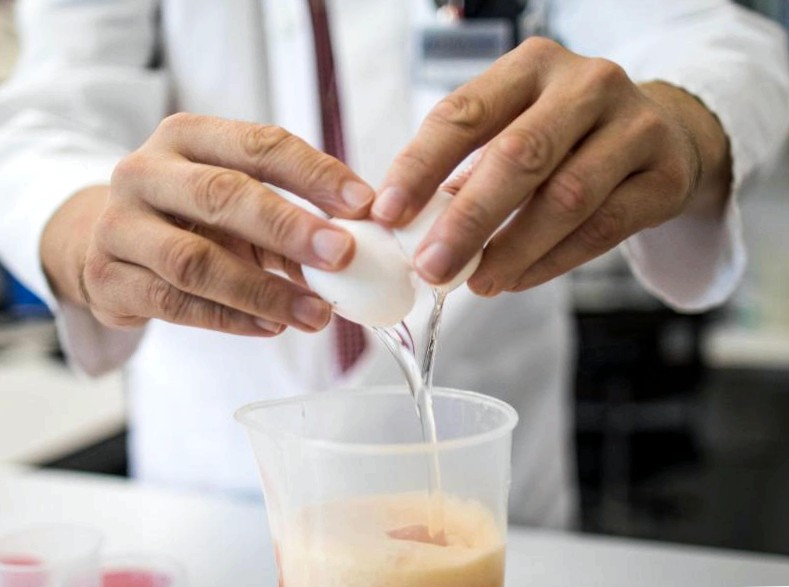Interim review of the fipronil scandal

About a month after the fipronil scandal became known in germany, it is becoming apparent that although it is a europe-wide scandal, the domestic poultry industry is only marginally affected.
According to the available findings, the insecticide fipronil was added to the disinfectant "dega-16" without permission and thus entered the stables. Food law prohibits the substance in foods. Important questions and answers on the state of affairs:
What is the situation in germany?
According to the current state of knowledge, the disinfection solution "dega-16" with the unauthorized fipronil additive was used on seven chicken farms in germany. The farms are located in lower saxony and mecklenburg-western pomerania. In baden-wurttemberg, fipronil was also found in eggs from a laying hen farm. However, the agent "dega-16" is said not to have been used there – the reasons for this have not yet been determined. The farms are closed.
According to the current findings, the farmers used "dega-16" as early as the spring – the possible use extends until 27. March in mecklenburg-vorpommern and until 9. February in lower saxony. This data was obtained by the states during investigations on the farms and communicated to the federal government.
What about food containing eggs?
Foodstuffs containing egg are now also being tested. According to federal agriculture minister christian schmidt (CSU), around 700 samples are to be taken and analyzed in the course of the year. By the middle of this week, the berlin ministry had received 42 samples from thuringia, brandenburg, hesse and mecklenburg-vorpommern – 7 were positive.
What is the situation in europe and other countries??
20 EU member states and six third countries are currently affected by the fipronil scandal. Chicken farms have been closed in several countries because fipronil was used there. Most affected are belgium and the netherlands, where prosecutors are investigating operators as suspected causers or distributors of the illicit substance. The netherlands aviation industry estimates the damage at 150 million euros.
First political discussions on a possible EU response to the fipronil scandal to take place in early september. The talks are to be held on 4. Or 5. September on the fringes of a meeting of agriculture ministers in estonia. The ministers of the affected countries are to take part.
What is the status of the criminal investigation in germany??
The public prosecutor’s office in oldenburg has opened an investigation against five farmers on whose farms fipronil was used. This is a violation of the food and feed code. The farms were searched and farm records were seized, which are currently being analyzed. The main question is whether the farmers knew or could have known that fipronil had been used on their farms. Some of the farmers have already spoken out about the accusations and assured that they had no knowledge of the unauthorized substance. It is unclear how long the investigations will continue. The public prosecutor’s office in heilbronn has been called in in baden-wurttemberg.
How have consumers reacted??
According to a survey conducted by the opinion research institute yougov in mid-august, one in four adults in germany consumed fewer eggs than before or did without eggs altogether because of the fipronil scandal. 65 percent were relaxed about the issue and did not restrict their consumption of eggs. 15 percent of respondents say they have been paying attention to the country in which eggs are produced since fipronil was detected – but almost one in two had been doing so even before then.
Is the new scandal comparable to the dioxin scandal??
No, the ausmab in the dioxin scandal in germany was much rougher at the end of 2010, with thousands of operations banned. Contaminated feed was considered the culprit. Eggs contaminated with dioxin and a substance similar to dioxin were also discovered in 2012 in lower saxony and north rhine-westphalia.